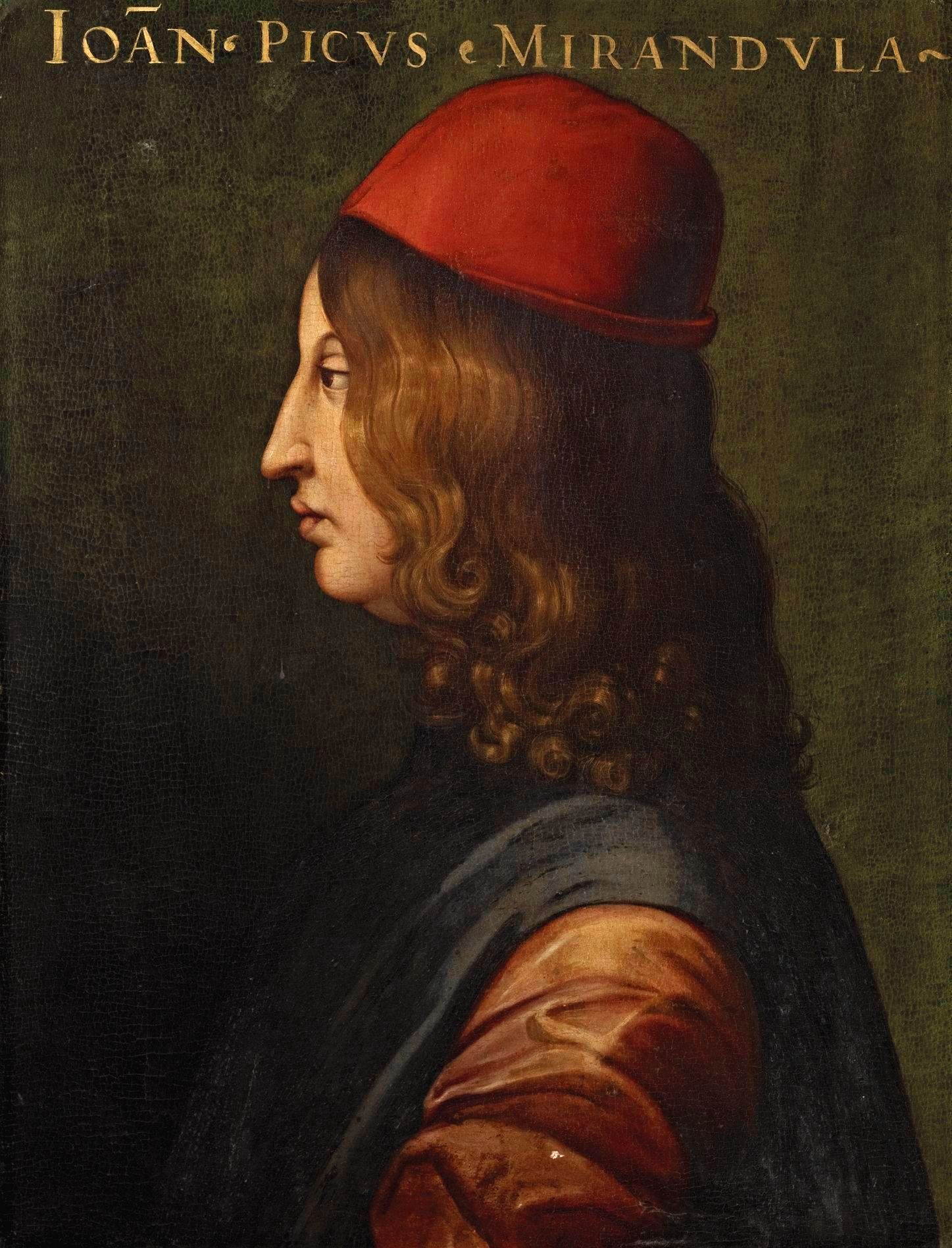The primary objective of Sciences Connexions is to show connections between humans, sciences and technologies.
During the 20th Century sciences and technologies have progresses more than in any other period of human history. In 1900, we did not know that the Universe was composed of billions of Galaxies or that every living organism has a genetic code made of DNA molecules.
As we trive to better understand it, our world has become more and more complex and hard to understand. Gradually, the different sciences have become more and more specialized.

The greek philosphers did not have this containarization of science: Aristotle wrote on pretty much every science know at the time. Even during the Renaissance, Humanists like Jean Pic de la Mirandole could brag that they knew all the sciences.
This is obviously not true today. During the 20th Century, even the philosophers had to specialize. There are books and videos explaining sciences to the general public, but, in most cases, they cover only one discipline.
It is therefore more and more difficult for any individual to acquire a global understanding of the world we live in. University professors live in their respective disciplines and have to publish specialized scientific papers to get research funds.
Wikipedia is a fantastic tool but it has, rightly so, a policy of neutrality preventing the publication of original research and ideas.
I am not a philosopher, a physicist, an historian or an anthropologist. I am only very curious. I don’t have to become over specialized and can focus on the relationships between humans, sciences and technologies.
